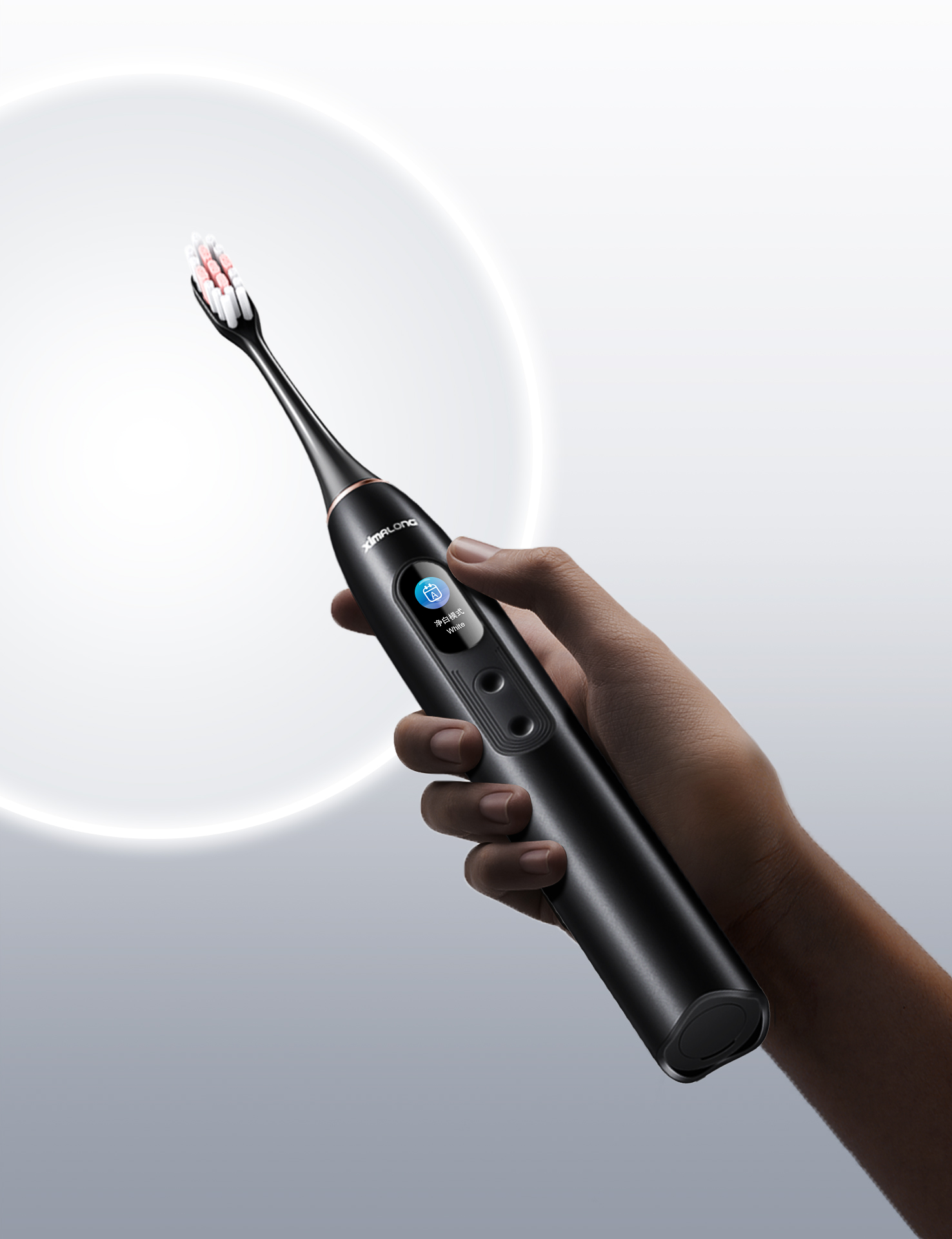Maintaining proper oral hygiene is crucial for overall health, and using a portable oral irrigator is an excellent way to enhance your dental care routine. Oral irrigators, also known as water flossers, use a stream of water to remove food particles and plaque from between your teeth and gums. But with so many options available, how do you choose the best one for your dental needs? In this guide, we¨ll walk you through the key factors to consider when selecting the right portable oral irrigator.At the same time, kids electric toothbrush It is no longer a relatively unfamiliar industry, and it enters the public’s sight more and more frequently, gaining more attention and recognition. https://www.21brush.com
1. Water Pressure Settings
One of the most important aspects of a portable oral irrigator is its water pressure settings. Different individuals have varying sensitivities in their gums and teeth. Look for a model that offers adjustable pressure settings so you can customize the intensity according to your comfort level. Higher pressure is ideal for deep cleaning, while lower settings are gentler for sensitive gums or orthodontic appliances like braces.
2. Battery Life and Charging Options
Since portability is a primary feature of these devices, pay close attention to battery life. A high-quality portable oral irrigator should offer a long-lasting battery that can last for multiple uses on a single charge. Additionally, consider whether the device comes with a USB charging option, which makes it convenient for travel. Some models even feature quick-charging capabilities, ensuring that your device is always ready to use.
3. Water Tank Capacity
The size of the water tank is another important consideration. A larger tank will allow you to complete your cleaning session without having to refill it midway. For portable models, however, a balance needs to be struck between tank size and ease of portability. If you’re looking for a travel-friendly option, a smaller water tank might be worth the trade-off in exchange for compactness.
4. Ease of Use and Portability
Your oral irrigator should be easy to handle and user-friendly. Look for a lightweight, ergonomic design that fits comfortably in your hand and can be used with minimal effort. Additionally, check if the device comes with a travel case or pouch for easy portability. This is particularly important if you plan to use the irrigator while traveling or on-the-go.
5. Nozzle Variety and Rotatability
Different oral irrigators come with various nozzles designed for specific cleaning needs. Some models offer multiple nozzle types, such as standard tips, orthodontic tips, or even tips for periodontal pockets. Furthermore, a 360-degree rotating nozzle ensures better reach and a more thorough cleaning experience. This is especially helpful for hard-to-reach areas and for users with braces, crowns, or implants.
6. Noise Level
The noise level of the oral irrigator can affect the user experience, particularly if you’re sensitive to sound or if you plan to use the device in shared spaces. Some models are quieter than others, so be sure to check the noise level before purchasing, especially if this is a key consideration for you.
7. Durability and Build Quality
A durable and well-built oral irrigator will ensure that your investment lasts. Look for models made from high-quality materials that are water-resistant and easy to clean. Reviews and brand reputation can provide insight into the long-term reliability of the product. Additionally, check if the device comes with a warranty, which offers peace of mind in case of defects or issues.